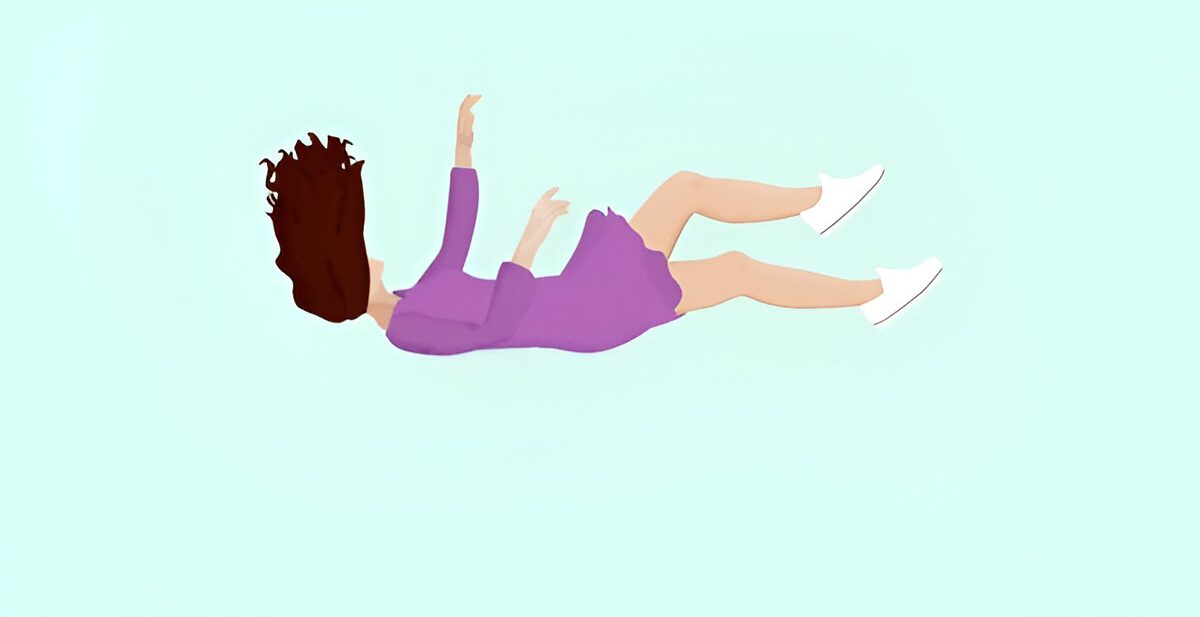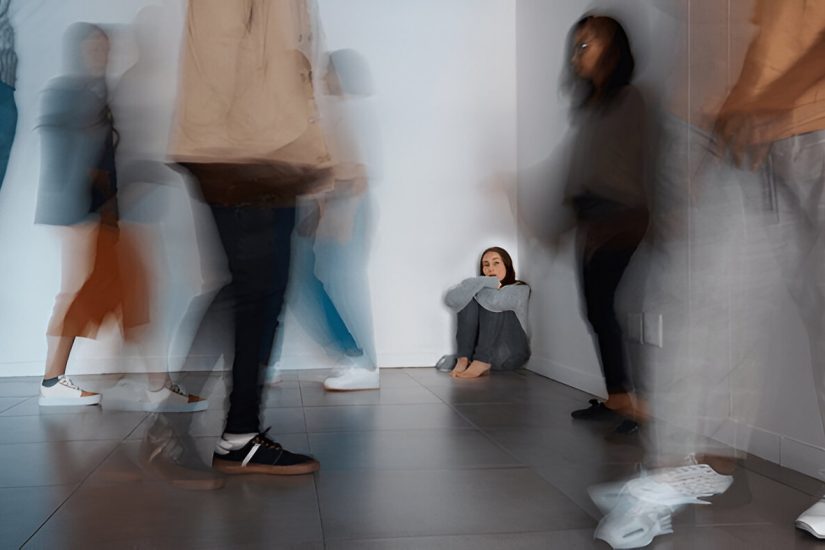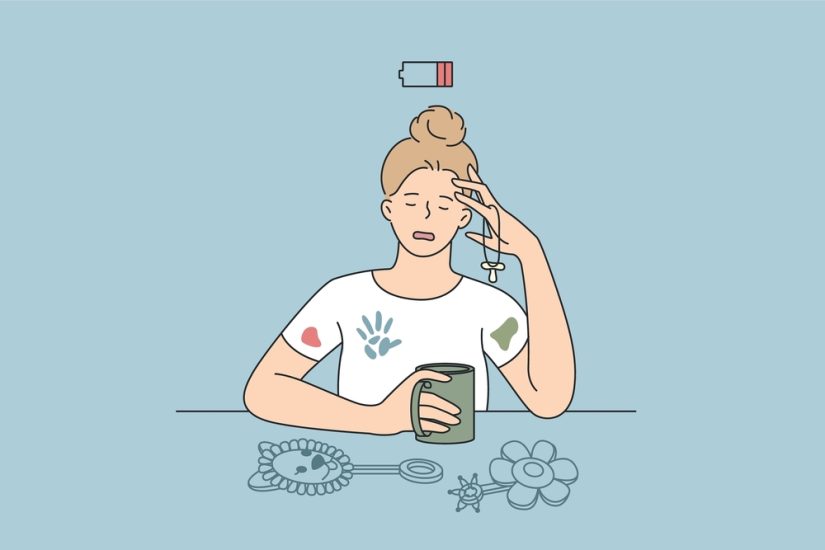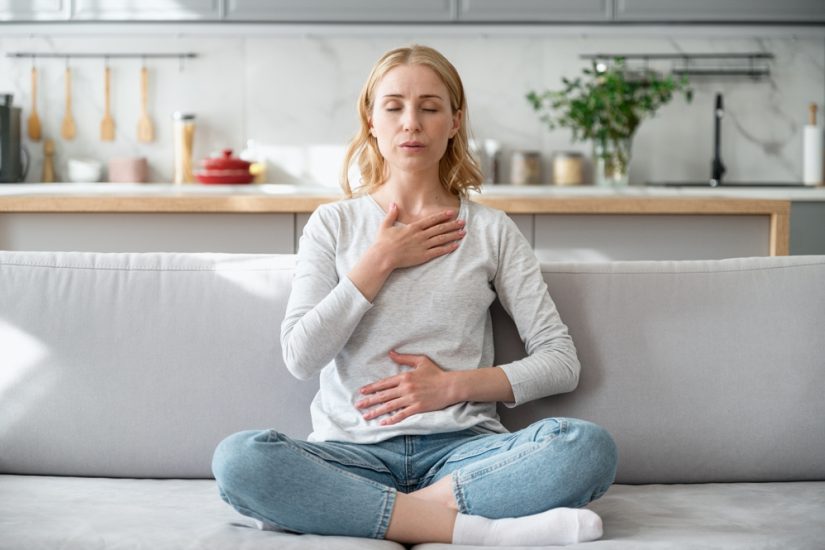- March 28, 2025
- by Harshita Bajaj
- Anxiety
“Anxiety isn’t you. It’s something moving through you. It can leave out of the same door it came in.”
Sometimes anxiety that you may experience can be a result of stressful or threatening circumstances and sometimes you may just feel a persistent sense of worry and unease, that may not have any clear cause. This unexplained, continued feeling of anxiety or dread without any identifiable cause is known as free-floating anxiety.
Free-floating anxiety meaning
Free-floating anxiety refers to anxiety that is persistent and generalized nervousness, worry, unease, a state of tension that is not linked to a particular event or specific threat. This type of anxiety is constant, ongoing and can lead to discomfort and tension, may also impact functioning in daily life if it persists for a long duration.
Free-floating anxiety can feel pervasive and constant, which is different from situational anxiety, which arises in response to specific triggers and a specific situation or event.
Is your lifestyle causing you anxiety? Find out here!
Free-floating anxiety examples or symptoms
This anxiety presents itself or manifests in behavioral, physical and emotional symptoms. These examples can be referred to assess signs that you or someone you know may have free-floating anxiety.
- Increased heart rate or palpitations
- Muscle tension, headaches and fatigue
- Gastrointestinal issues like stomach ache or nausea
- Shortness of breath and dizziness
- Sleep issues or insomnia
- Persistent worry, nervousness, tension
- Feeling uncertain, uneasy and on edge
- Feeling of dread and impending doom
- Difficulty in concentrating or focusing, brain fog
- Avoiding situations and events
- An inability to relax
- Constantly seeking reassurance and increased sensitivity
- Hypervigilance and being easily startled
How to crush social anxiety? The answer is here!
Free-floating anxiety disorder
Free-floating anxiety is commonly experienced by individuals with Generalized Anxiety Disorder (GAD), which is a mental health disorder characterized by excessive worry or chronic anxiety about various aspects of life persisting for at least six months and causes significant distress or impairment in daily functioning.
Free-floating anxiety can be caused by a variety of factors, ranging from a family history of mental illness, chronic stress from work, relationships or financial issues, poor lifestyle habits, past trauma or unresolved emotions, other medical conditions or co-morbid mental disorders.
When free-floating anxiety starts to impact your daily life, work, relationships, sleeping or eating habits, it’s a sign to seek help and reach out to a mental health professional for guidance and assistance on how to cope with it.
Can fear or anxiety cause hallucinations? Read more here!
Free-floating anxiety vs Generalized Anxiety Disorder (GAD)
Free-floating anxiety can be a symptom of generalized anxiety disorder, but by itself free-floating anxiety is not necessarily a formal diagnosis. Free-floating anxiety does not have a specific time limit, it can be ongoing, whereas, in GAD, the symptoms must be present for at least six months. Moreover, free-floating anxiety may cause discomfort but not always significant impairment, however, GAD often leads to a significant level of distress that impacts daily life. Individuals who experience free-floating anxiety may also meet the criteria for GAD. Approximately 5.7% of adults experience Generalized Anxiety Disorder at some point in their lives.
Is it temporary nerves or GAD? Find out here!
Free-floating anxiety treatment
Free-floating anxiety can lead to a lot of distress, mental discord and it can be overwhelming, however, it is manageable with the appropriate treatment plan and interventions including:
- Cognitive Behavioral Therapy (CBT) can identify and change negative thought patterns that may contribute to anxiety.
- Mindfulness and relaxation techniques such as deep breathing, yoga, meditation, somatic practices can be extremely helpful in reducing stress and anxiety.
- Anti-anxiety medication can be prescribed on SOS basis or depending on the needs of the client to provide short-term relief.
- Regular physical activity and exercise can help in regulating moods and release endorphins which can be helpful when struggling with stress and anxiety.
- A reduction in alcohol and caffeine is also recommended to reduce restlessness and symptoms of anxiety.
- A restful and adequate sleep pattern is crucial to maintain a regulated emotional state.
Read: 10 quick tips to help with your anxiety!
- Social support through staying connected with friends and loved ones can help put your mind at ease and improve mood.
- Practicing journaling helps with self-reflection and identifying triggers, patterns to improve insight on what to work on.
- Counseling can also be helpful when it comes to anxiety, so seeking a mental health professional’s support which is tailored to fit your needs is important.
What is acceptance and commitment therapy for anxiety? Read more!
Experiencing free-floating anxiety is troubling, overwhelming and can even lead to brain fog, impact your physiological, psychological state, daily life and cause distress. However, it can be managed with the right support, appropriate treatment and intervention plan. You can search for “therapist near me”, “psychologist near me”, or “mental health professional near me” to find support services that are specialized in dealing with anxiety issues and can be availed online or in-person.
As Charlie Chaplin once said, “Nothing is permanent in this wicked world – not even our troubles.” Remember that you have the courage inside you to overcome this and with a supportive hand of a social support system and a mental health professional, you can learn to cope with it and become a healthier version of yourself.
Follow North America Behavioral Health Services (NABHS) to understand more about anxiety and get insightful information on how to deal with it.
before you fall
















